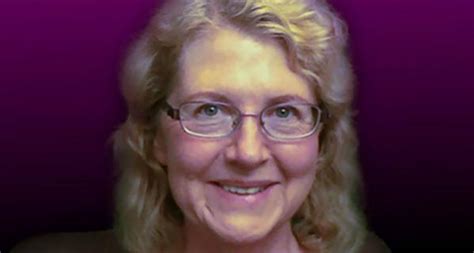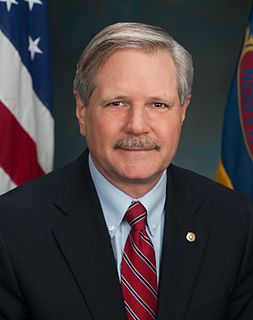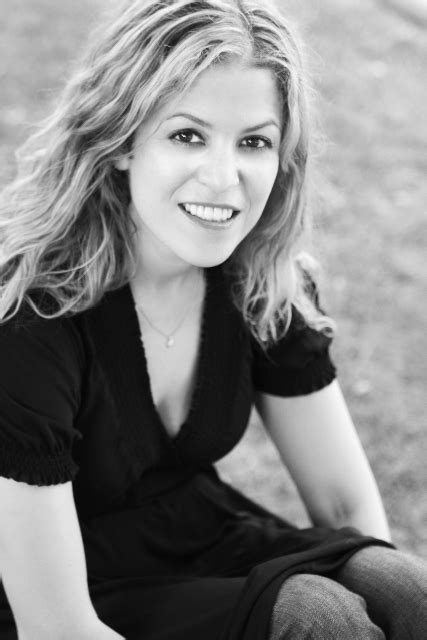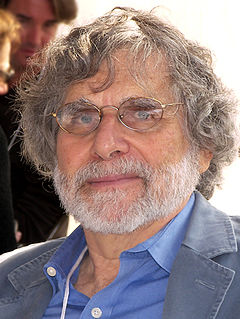A Quote by Neil Gaiman
I lay on the bed and lost myself in stories. I liked that. Books were safer than other people anyways.
Related Quotes
But what struck me was the book-madness of the place--books lay scattered across the unmade bed and the top of a battered-looking desk, books stood in knee-high piles on the floor, books were crammed sideways and right side up in a narrow bookcase that rose higher than my head and leaned dangerously from the wall, books sat in stacks on top of a dingy dresser. The closet door was propped open by a pile of books, and from beneath the bed a book stuck out beside the toe of a maroon slipper.
I remember my fourth grade teacher reading 'Charlotte's Web' and 'Stuart Little' to us - both, of course, by E. B. White. His stories were genuinely funny, thought provoking and full of irony and charm. He didn't condescend to his readers, which was why I liked his books, and why I wasn't a big reader of other children's' books.
I think that school just isn't for everyone. A lot of people don't learn well when they're - have to sit in a place for eight hours. A lot of people learn best lying in their own bed, teaching themselves from books. And I was a bad student. I was a brat. If I was a teacher, I would not have liked myself.
I liked myths. They weren't adult stories and they weren't children stories. They were better than that. They just were. Adult stories never made sense, and they were slow to start. They made me feel like there were secrets, Masonic, mythic secrets, to adulthood. Why didn't adults want to read about Narnia, about secret islands and smugglers and dangerous fairies?
I grew up with Bible stories, which are like fairy tales, because my father was a minister. We heard verses and prayers every day. I liked the gorier Bible stories. I did have a book of Chinese fairy tales. All the people except the elders looked like Italians. But we were not a family that had fiction books.
I want to see children curled up with books, finding an awareness of themselves as they discover other people's thoughts. I want them to make the connection that books are people's stories, that writing is talking on paper, and I want them to write their own stories. I'd like my books to provide that connection for them.
I wish - I wish instead of just recommending these books, I could set them down at your doorstep. The collected stories of John Updike, the second volume of T.C. Boyle's collected stories, and Stanley Crouch's book about the rise and times of our genius saxophone player Charlie Parker. These are deep books, books that you can get lost in.






























